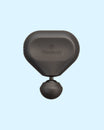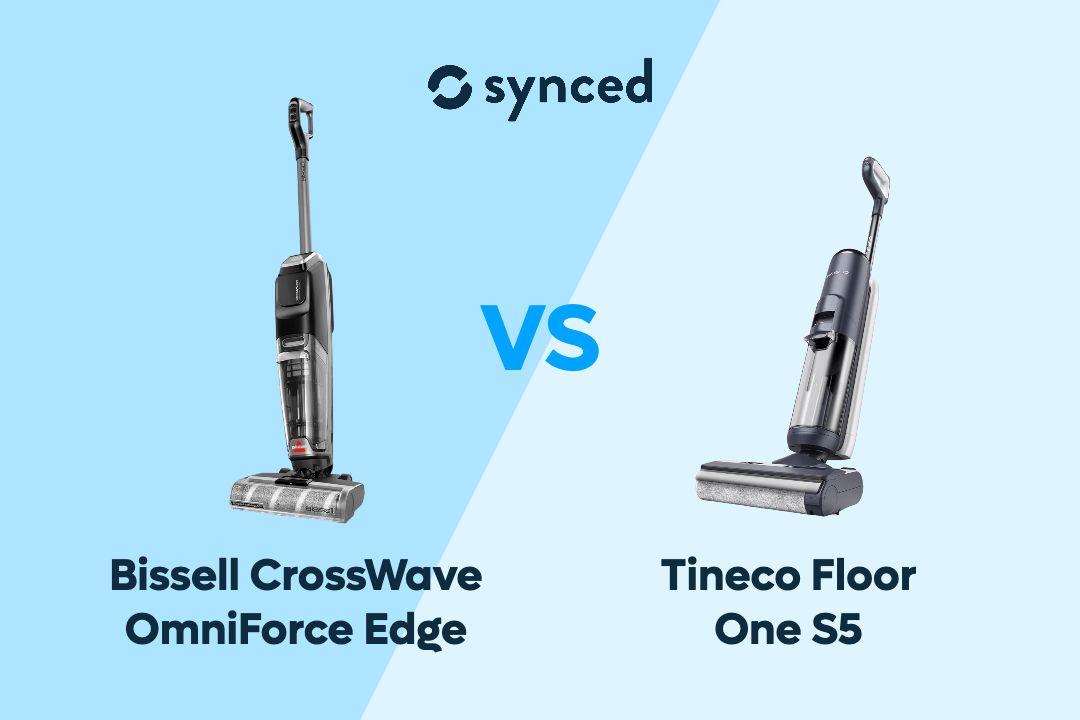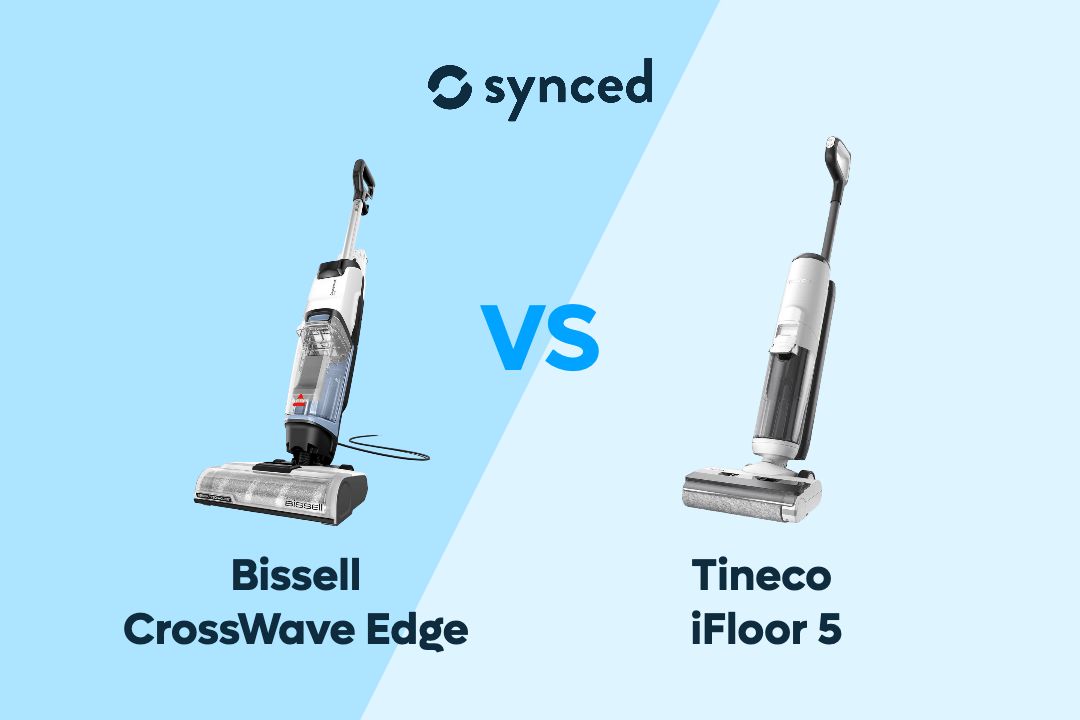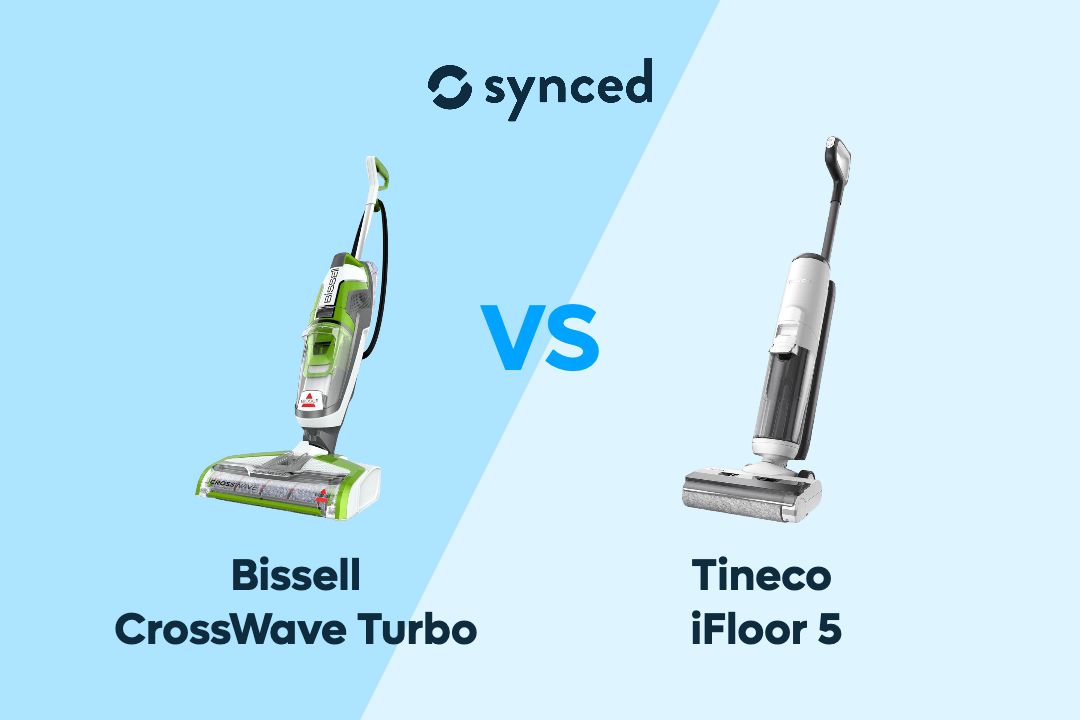Garmin Fenix E vs Fenix 8 Series: 6 Things to Know!
By Naila Syifa
Updated September 2024

Garmin just launched the Fenix 8 Series and Fenix E this September, and they are packed with exciting new features and improvements over previous Fenix models. If you're undecided between the two, we have unpacked their similarities and differences across 6 must-know aspects!
Key Takeaways
Garmin Fenix E is positioned as the 'lite' version of Fenix 8, offering only the most essential features for a multisport GPS smartwatch. The Fenix 8 is the superior option, adding a leakproof design, diving features, speaker and microphone, ECG, flashlight, solar charging option, and SatIQ, all of which are not available on the Fenix E model.


Garmin Fenix E
Essential Multisport GPS Smartwatch
✓ AMOLED Display
✓ Advanced Strength Training
✓ Multi-Band GNSS
✓ Downloadable TopoActive Maps

Garmin Fenix 8
The Ultimate GPS Smartwatch
✓ Optional AMOLED Display
✓ Advanced Strength Training
✓ Dive-Rated
✓ Built-in Speaker & Microphone
#1 Price & Variants

Garmin Fenix E
Garmin Fenix 8 Series comes in a wide range of variants with prices ranging from US$999 to US$1,199, while the Fenix E only has a single variant priced at US$799.
The most affordable Fenix 8 models are the 43mm and 47mm AMOLED variants, priced at $999. Adding $100 more will get you a Sapphire Edition of the AMOLED variants, or you can opt for the Fenix 8 Solar models, which come in 47mm and 51mm sizes and are priced at $1,099 and $1,199 respectively.
Fenix 8 Series Pricing
Fenix 8 AMOLED 43mm: $999.99
Fenix 8 AMOLED 43mm Sapphire: $1,099.99
Fenix 8 AMOLED 47mm: $999.99
Fenix 8 AMOLED 47mm Sapphire: $1,099.99
Fenix 8 AMOLED 51mm: $1,099.99
Fenix 8 AMOLED 51mm Sapphire: $1,199.99
Fenix 8 Solar 47mm Sapphire: $1,099.99
Fenix 8 Solar 51mm Sapphire: $1,199.99
Read also: Garmin Fenix 8 AMOLED vs Fenix 8 Solar
#2 Design & Display

Garmin Fenix 8
Garmin Fenix E boasts a 1.3" AMOLED display with a Corning Gorilla Glass lens and stainless steel bezel. It only comes in 47mm case size, weighing 76 grams.
Garmin Fenix 8 has different physical specifications depending on the specific model. The Fenix 8 AMOLED comes in 43mm, 47mm, and 51mm case sizes with a 1.3"-1.4" AMOLED display. The standard edition features a Corning Gorilla Glass lens with a stainless steel bezel, while the Sapphire models offer a sapphire crystal lens with a durable titanium bezel.
The Fenix 8 Solar features a Power Sapphire lens and a titanium bezel for all its variants, but it only comes in 47mm and 51mm sizes. In addition, the Fenix 8 Solar replaces the AMOLED display with a transflective MIP display, which is more power-efficient but is less bright, less vibrant, and has a lower resolution compared to the AMOLED display.
Therefore, in terms of display quality, the Fenix 8 AMOLED is on par with the Fenix E, while the Fenix 8 Solar is less visually impressive.
One thing that the Fenix 8 AMOLED and Solar can equally win over the Fenix E is their durability. While they all share a 10 ATM water rating and a military-grade standard for ruggedness, the Fenix 8 models are also dive-rated to 40m, thanks to their inductive buttons that make the watch totally leakproof and a sensor guard that protects the critical components from damage.
#3 Health & Fitness Features

Garmin Fenix E
While both watches monitor key health metrics like heart rate, blood oxygen, stress, and sleep, the Fenix 8 adds an ECG app support that the Fenix E lacks, allowing users to monitor heart rhythm and detect potential atrial fibrillation (AFib).
The Fenix 8 Series also has another advantage with its support for diving activities, including scuba diving and apnea diving. A range of diving features like a dive planner, depth sensor, safety stop, and no-fly time make the Fenix 8 a more capable watch for underwater activities compared to the Fenix E.
Aside from diving, the rest of the available activity profiles are common on both smartwatches. They also have comparable training and performance features, from daily suggested workouts and training readiness for preparation, PacePro and ClimbPro for advanced pacing and ascent guidance, recovery time and performance metrics for post-activity analysis, to race widget, visual race predictor, and Garmin Coach for racing support.
One notable feature supported by both the Fenix E and Fenix 8 is the Advanced Strength Training. This feature develops 4-6 weeks of strength training plans tailored to specific sports, so athletes of different disciplines can optimize their training to improve performance.
#4 Maps & Navigational Features

Garmin Fenix 8
Garmin Fenix E and Fenix 8 both support 3 types of maps: SkiView maps that cover over 2,000 ski resorts worldwide, Golf Course maps that cover over 43,000 golf courses globally, and multi-continent TopoActive maps that provide detailed topographical data for outdoor activities.
While the SkiView maps and Golf Course maps come preloaded on both models, the TopoActive maps require a separate download on the Fenix E and on non-sapphire Fenix 8 variants. Garmin Fenix 8 with sapphire lens comes with the TopoActive maps preloaded, giving it an advantage over the Fenix E.
Navigation features are similar between the two, with features like dynamic round-trip routing for route suggestions that adapt as you go to reach a specified distance, breadcrumb trail, back-to-start, TracBack, and point-to-point navigation.
Positioning is enhanced on both watches with support for multi-band GNSS, which improves accuracy, especially in challenging environments. While both the Fenix E and Fenix 8 support GPS, GLONASS, Galileo, QZSS, and BeiDou, the Fenix 8 has an advantage with the SatIQ technology.
SatIQ allows the Fenix 8 to automatically select the optimal GNSS system based on the environment, improving positioning accuracy and battery efficiency. With no SatIQ on the Fenix E, you'll have to manually adjust the GNSS mode every time.
#5 Smartwatch Features

Garmin Fenix E
Fenix 8 Series stands out with a built-in speaker and microphone, which unlocks a myriad of voice-enabled features. These include taking and making Bluetooth calls, recording voice notes, accessing Siri/Google/Bixby on your connected smartphone, or using Garmin's own voice assistant for offline voice commands.
The Fenix E doesn't feature a built-in speaker and microphone, so those features are not supported. The Fenix E also lacks an LED flashlight, which the Fenix 8 includes for added convenience.
However, the rest of the daily smartwatch features, including smart notifications, messaging, music storage and control, and GarminPay are available on both watches.
#6 Battery & Charging

Garmin Fenix 8 Solar
The 47mm Fenix E can last for up to 16 days in the smartwatch mode, which is exactly the same runtime as the 47mm Fenix 8 AMOLED. This makes the two watches roughly comparable in battery life for general smartwatch usage.
However, the smaller 43mm Fenix 8 AMOLED has a shorter 10 days of battery life, while the larger 51mm Fenix 8 AMOLED has a longer 29 days of runtime.
In addition, the Fenix 8 Solar models can extend the battery life even further thanks to their solar charging capabilities, offering up to 48 days of runtime in smartwatch mode for the 51mm variant.
Therefore, the Fenix 8 Series offers more flexibility in terms of battery life depending on the specific model, with the Fenix 8 Solar providing the longest battery endurance.
Garmin Fenix E vs Garmin Fenix 8
Final Thoughts

Garmin Fenix E
In various aspects, the Fenix 8 Series offers superior capability to the Fenix E. This makes the Fenix E look like the 'lite' version of the Fenix lineup, offering the most essential features at a lower price point.
If you're willing to invest significantly, the Fenix 8 Series is a clear choice, having the advantage of its leakproof design, diving features, ECG, LED flashlight, built-in speaker and microphone, preloaded TopoActive maps, SatIQ, and an extended battery life with solar charging.
The 47mm Fenix E can last for up to 16 days in the smartwatch mode, which is exactly the same runtime as the 47mm Fenix 8 AMOLED. This makes the two watches roughly comparable in battery life for general smartwatch usage.
If you like to read more on smartwatches, check out our other relevant guides here:
Garmin Fenix E vs Fenix 7
Garmin Fenix E vs Enduro 3
Garmin Fenix 8 vs Enduro 3
Garmin Fenix 8 vs Fenix 7
Garmin Fenix 8 vs Epix 2
Garmin Fenix 8 vs Epix Pro (Gen 2)
Garmin Fenix 8 vs Forerunner 965
Don't miss out on tech
Subscribe to our newsletter to stay up to date on the latest tech trends and guides on the best gadgets around.







